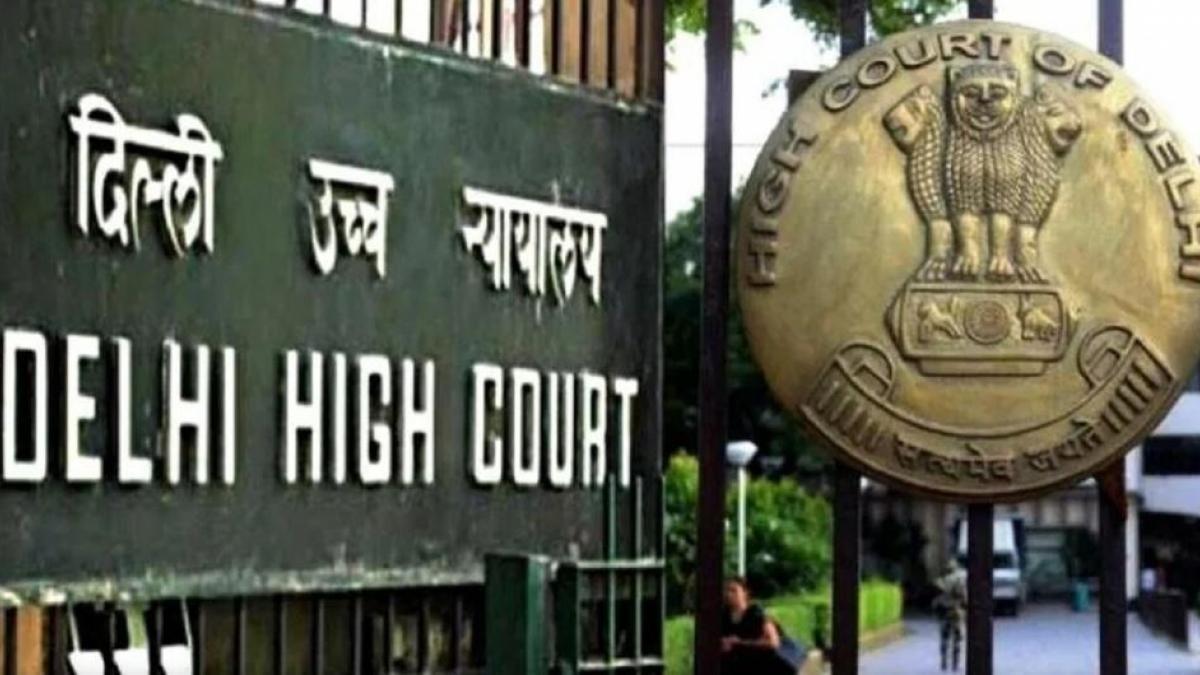Delhi High Court Hears Plea of EWS Class I Students Denied Admission to Private School Despite Allotment
The Delhi High Court, acknowledging the mandate of the Right to Education Act, ordered that the students be admitted in the following academic year after hearing a petition from two Class I economically disadvantaged (EWS) students who had been denied admission to a private school after being assigned one (2023-2024).
On February 28, a single-judge bench led by Justice Mini Pushkarna ruled that because the two kids had already been assigned to the school in accordance with the Right of Children to Free and Compulsory Education Act, 2009, the institution was required to admit them.
“Once a school has been assigned by the DOE, any deliberate attempt by any school to deny admission to children within the EWS/DG category must be foiled.” The high court ruled that there was no justification for withholding admission under the EWS/DG category based on the respondent No. 2 school’s argument that the general quota admissions were not filled to capacity.
Judge Pushkarna added that the number of children enrolled under the general quota is not a factor in admission to the EWS category. Hence, the court concluded, “schools were required to admit kids under the EWS/DG category once the allocation of the schools had been duly made by DOE after following the due procedure.”
The high court ordered that the petitioners be admitted to Class 1 in the academic session 2023–2024 in light of the Delhi government’s attorney’s argument that the 2022–2023 academic session is already coming to a close.
The allotment letter issued by the department of education of the Delhi government was brought to the court’s attention (DOE). It was stated that despite the students’ success in the lottery draw and school selection, they had not been admitted under the EWS category.
The Delhi government, on the other hand, claimed that the school was given eight EWS/disadvantaged group (DG) category pupils for the academic year 2022-2023 who were chosen in a computerised lottery for KG/pre-primary. According to the information provided, the school has not admitted any of the eight candidates.
The school contended that it was “not doing well.” The school’s enrollment is limited to around 164 kids, so it was not practical for it to accept students in the EWS category, it claimed. It was contended that because general category admission was not at capacity, admission under the EWS category was also not appropriately allowed.
According to the terms of the Delhi School Education Act read with the Delhi School Education Regulations, the court noted that the DOE is the regulatory body in charge of managing private, unaided schools that are acknowledged by it up to the secondary and senior secondary level. The requirements of the aforementioned Acts and Rules adopted thereunder, as well as the instructions and directions given by the DOE from time to time, including the terms of the RTE Act, 2009, are required of schools that have been recognised by the DOE, the court stated.
The court cited the RTE Act’s provisions to note that all “private, unaided, and recognised non-minority schools” are required to admit kids from the underprivileged and weaker sections of the community to the extent of at least 25% of the student body in that class and to offer free and mandatory elementary education until it is completed.
It should be mentioned that the DOE began using an “online admission method” in the academic session 2016–17 in order to ensure consistency in the EWS/DG category admission process for entry-level courses for all private unaided recognised schools (excluding minority schools). Hence, denying admission to children in the EWS/DG category when schools are assigned to them following selection through a computerised draw of lots is a flagrant breach of the RTE Act, 2009, the high court noted.






















